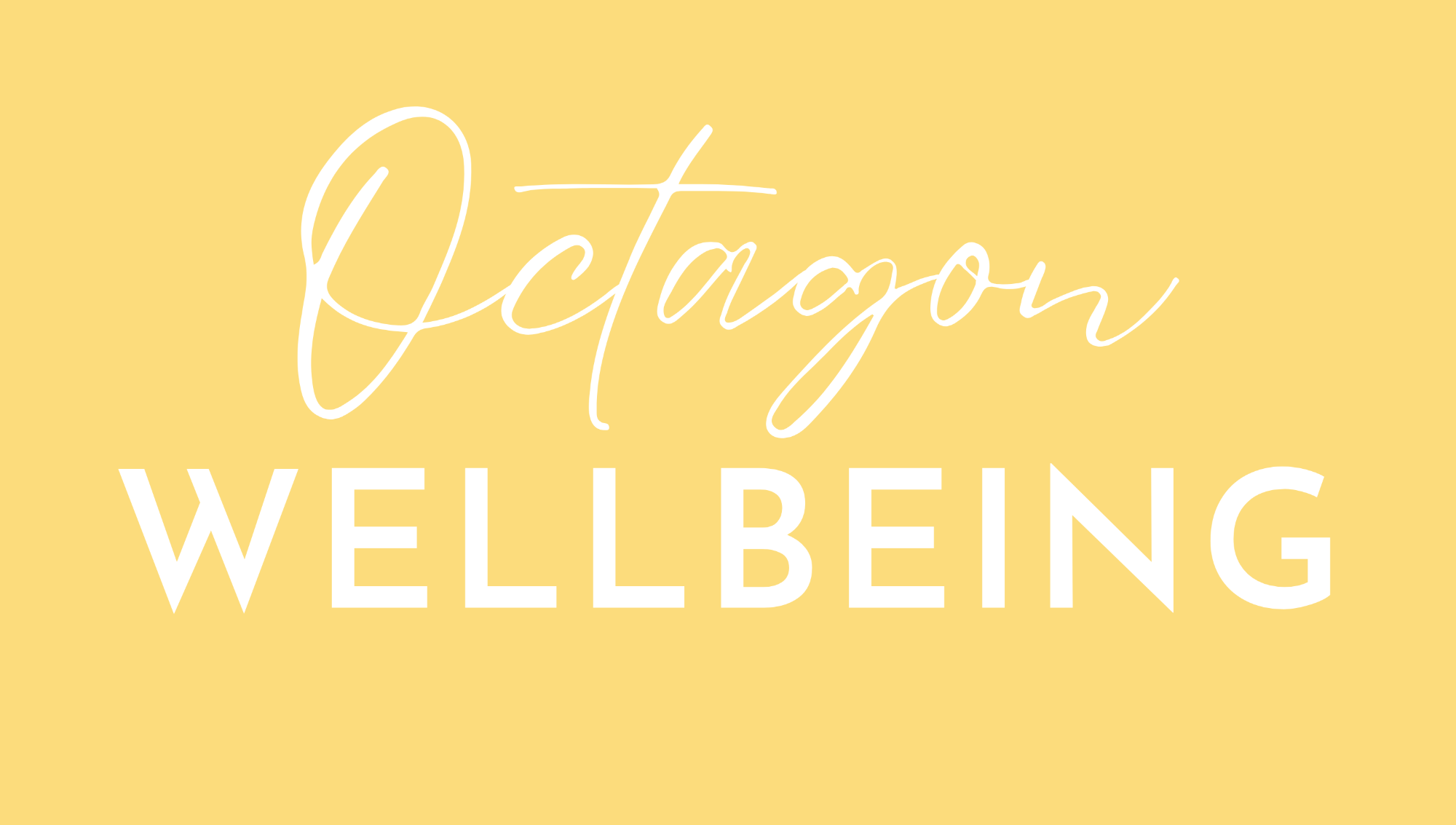Burnout - do you know what to look for?
Posted on

Burnout is a state of emotional, physical, and mental exhaustion caused by prolonged stress and can affect anyone. Burnout can impact your mental health and lead to depression, anxiety disorders and other serious conditions. But how do you tell if you're experiencing it? Here are five ways to tell if you might be experiencing burnout:
1. Chronic Fatigue
Do you feel tired all the time? Do you struggle getting out of bed in the morning? Chronic fatigue is one of the most common symptoms of burnout. It's not just about feeling sleepy; it's more like an overwhelming sense of exhaustion that doesn't go away even with rest. You may spend the whole term just getting through until the next school holiday, desperate for that rest but even then that time away from the classroom doesn't seem to replenish you. If y
our fatigue seems unrelated to any underlying medical condition like sleep apnea or chronic fatigue syndrome and has been ongoing for weeks or months despite sleeping well each night then it may be related with burnout.
2. Lack Of Motivation
Do things that once excited you now seem tedious? Have tasks become mundane even when they were previously interesting? A lack of motivation is another sign that could indicate an individual is experiencing burnouts.There are moments where we lose interest in activities we once enjoyed due various reasons but if this continues over time then something serious than mere boredom should be considered as a possibility.
3. Difficulty Concentrating
Burnouts can disturb cognitive functions which leads us find concentration challenging.Even simple tasks require more effort,distractibility increases resulting in difficulty focusing on work.This often leads decreased productivity which further aggravates our mood.The brain finds itself unable comprehend information at the same pace as before which leads to frustration and agitation.
4. Mood Swings
Burnouts affect our behavior patterns leading us to have mood swings.We may find ourselves becoming more irritable,angry and anxious even when the situation does not warrant it.There are also instances of feeling down or depressed due to a lack of interest in daily activities that once brought joy leading us down a path of negativity.
5. Feeling Detached From Work
Over time, burnout can lead individuals become detached from their work.This means that they feel disconnected from projects they once enjoyed or colleagues with whom they found easy collaboration.The result is an environment where you no longer feel invested in your career journey resulting in negative outcomes such as low job satisfaction, decreased productivity etc.
The Bottom Line
If you're noticing any combination of these symptoms,it could be time take a step back and assess your mental health.Taking breaks, self-care routines such as exercise, meditation or therapy can help turn around the effects caused by burnout.Stress is common but managing it efficiently can prevent serious negative consequences.A healthy body needs both physical and mental well-being so if you suspect something isn't right seek assistance immediately.Speak with family,friends,colleagues who will support on this journey towards betterment .Don't let burnout rob you of your life!

